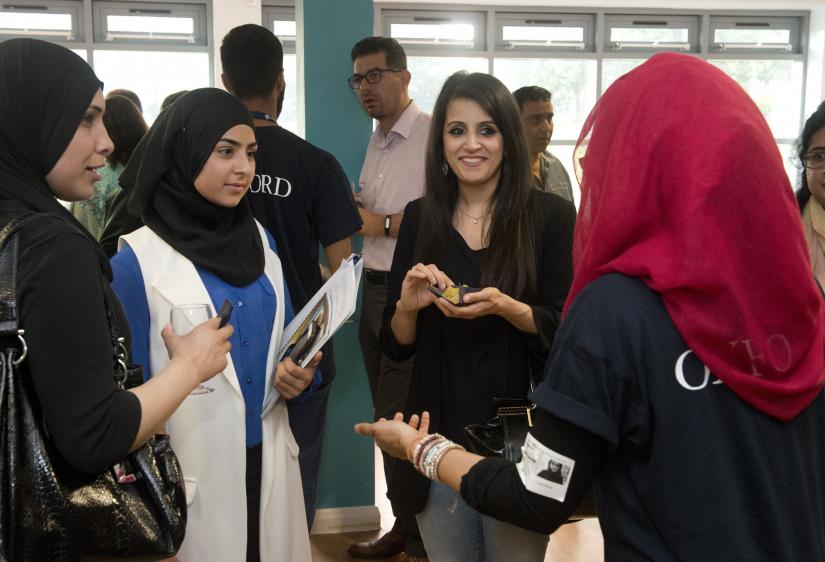Oxford University, one of the world’s best-known educational institutions, has welcomed a hike in the number of Bangladeshi students within its ranks as part of a wider boost in the number of ethnic minority applicants.

The leading UK academic institution has been working on a series of initiatives to expand the student base of the university, to ensure it is not seen as accessible only to the rich and privileged. As part of its latest black and minority ethnic (BAME) statistics released this month, it emerged that the 2019 intake of undergraduates from diverse backgrounds was up 22 per cent.
The Bangladesh statistics are clubbed together with Pakistan, two countries of origin seen as under-represented within the university ranks, and these figures were up from 2.6 per cent in 2018 to 3.1 per cent in 2019.
“Pakistani and Bangladeshi students really is the group that is now the most under-represented compared to what you expect. It is a generalisation but these do tend to be relatively under-privileged communities,” said Professor Martin Williams, Pro Vice-Chancellor for Education at Oxford University, as he welcomed the gradual increase in numbers.
“These developments are testament to the individuals working towards and driving our access agenda day to day. Our access and outreach teams work with schools, families and communities to reach students and provide opportunities for them to decide for themselves based on facts and what we have to offer them – not hear say, or long-held perceptions, whether Oxford is the place for them,” he said.
The university has been working on a number of unique ways to attract more Bangladeshi students to its courses, including so-called family guides translated into Bengali and Urdu to reach out to such households as well as to involve imams in their recruitment drives.
“We have long worked with teachers as influencers for all sorts of students. But for particular communities, we are aware that there are other key influences. I think in a lot of these communities the local imam can be very important in decision making and obviously parents,” explains Prof. Williams.
The UK government has been pressuring the country’s leading universities to work on improving their record on attracting students from disadvantaged backgrounds, especially as it kicks off a new post-Brexit education strategy as the UK leaves the European Union (EU) at the end of this month.
“Just over a week from now, the UK will leave the EU. This is the perfect opportunity to march forward and be the global leader in educating children, young people and adults,” said UK education secretary Gavin Williamson.


